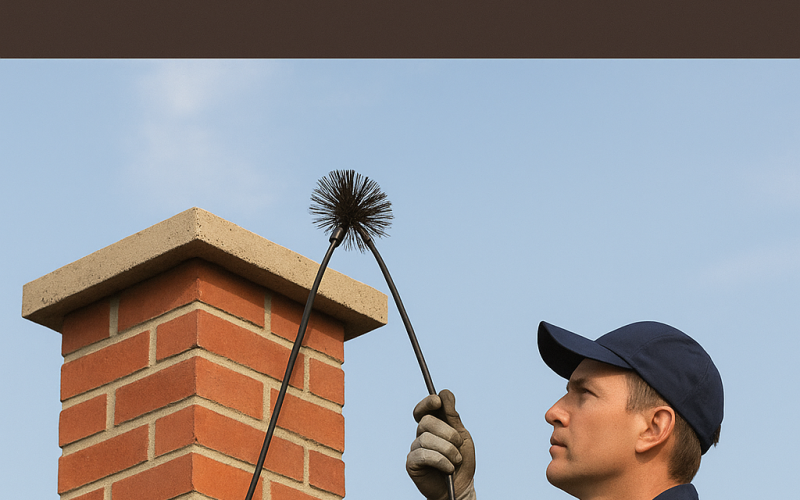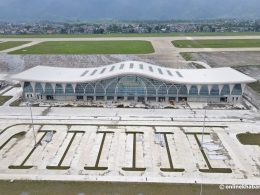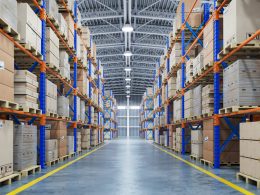Introduction
A cozy fireplace adds charm and comfort to any home, but without proper chimney inspection, that comfort can quickly turn into a safety risk. Every year, thousands of chimney fires are reported across the United States, most caused by neglected cleaning or unnoticed structural damage. Regular chimney inspections not only help prevent fire hazards but also improve energy efficiency and ensure the long-term performance of your chimney system.
This detailed guide walks you through everything you need to know about chimney inspection, including a step-by-step checklist, the cost of services, why certified technicians are important, and answers to the most common homeowner questions.
Key Features of Our Chimney Inspection Services
When you choose professional chimney sweep services, you deserve safety, quality, and value. Certified chimney technicians offer more than just a quick look—they provide peace of mind that your system is safe for your family. Here are the features that set chimney inspection services apart:
- Affordable pricing with clear and transparent rates.
- Annual maintenance plans to keep your chimney safe year-round.
- Fire safety assurance with every inspection.
- Certified technicians trained to follow industry standards.
- Chimney cap and masonry repair support.
- Real estate inspections for buyers and sellers.
- A no-mess guarantee so your home stays clean during and after the service.
What Is a Chimney Inspection?
A chimney inspection is a detailed evaluation of your fireplace and venting system performed by a professional sweep. During the process, the technician carefully examines the structure and interior components to make sure the chimney is free from hazards.
Inspections usually involve checking the interior flue, masonry walls, chimney crown, and cap for damage, leaks, or buildup. Creosote deposits, which are the leading cause of chimney fires, are measured and removed if necessary. Blockages caused by bird nests, leaves, or other debris are also cleared to ensure proper ventilation.
A good chimney inspection goes beyond surface cleaning. It ensures that your fireplace drafts correctly, that the smoke chamber and damper are working efficiently, and that no dangerous cracks or weak spots exist inside the system.
How Often Should Chimneys Be Inspected?
The National Fire Protection Association (NFPA) recommends that every chimney should be inspected at least once per year. However, frequency may vary depending on usage.
- Heavy fireplace users should consider an inspection every six months.
- Seasonal or occasional fireplace users should schedule a yearly inspection.
- Gas fireplaces also require inspections to check for leaks, blockages, or venting issues.
Even if you use your fireplace only a few times a year, creosote buildup, weather damage, or animal nests can occur without you realizing it. That is why scheduling inspections regularly is essential for safety.
Chimney Inspection Cost Guide
Many homeowners wonder about the cost of chimney inspections. Prices can vary depending on the region, the type of service required, and the condition of the chimney. Below is a general guide:
Service Type |
Average Cost Range |
| Basic Chimney Inspection (Level 1) | $100 – $250 |
| Chimney Sweep with Cleaning | $150 – $350 |
| Advanced Camera Inspection (Level 2) | $200 – $400 |
| Chimney Cap & Masonry Repairs | $150 – $500+ |
| Real Estate Chimney Inspection | $150 – $300 |
Level 1 inspections are simple visual checks, while Level 2 inspections involve advanced tools like cameras to identify hidden issues. Repairs and cleanings are priced separately depending on the severity of the problem.
Chimney Inspection Checklist
A standard chimney inspection usually includes the following:
- Visual inspection of the chimney structure, both inside and outside.
- Examination of the flue using lights or cameras.
- Creosote and soot removal to reduce the risk of chimney fires.
- Inspection of the chimney cap and crown for leaks or damage.
- Review of the damper and smoke chamber to ensure proper airflow.
- Safety check of the fireplace and hearth area.
This checklist ensures that every important component of the system is inspected, cleaned, and working correctly before you light your next fire.
Benefits of Regular Chimney Inspection
There are many advantages to scheduling annual chimney inspections. Some of the most important benefits include:
- Prevention of chimney fires by removing creosote buildup.
- Improved heating efficiency by ensuring better airflow and draft.
- Longer chimney lifespan through early detection and repair of small issues.
- Protection against dangerous carbon monoxide leaks.
- Increased property value when your system is well-maintained.
By investing in regular inspections, you not only improve safety but also save money on costly repairs that could have been avoided.
Conclusion: Book Your Chimney Inspection Today
Your fireplace should provide warmth, comfort, and peace of mind, not risk. Following a proper chimney inspection checklist ensures that your system remains safe, efficient, and long-lasting.
Whether you need routine cleaning, repairs, or a real estate inspection, hiring a certified chimney sweep is the best way to protect your home. With affordable pricing, fire safety assurance, and a no-mess guarantee, professional inspections give you the confidence to enjoy your fireplace safely all year round.
FAQs About Chimney Inspection
How often should I get a chimney inspection?
At least once a year. Heavy users may require two inspections annually.
How long does a chimney sweep take?
Most inspections and cleanings take between 45 minutes and 2 hours, depending on the condition of the system.
Can gas fireplaces skip chimney inspection?
No. Even gas fireplaces require inspections to check for leaks, blockages, and proper venting.
What are the warning signs I need a chimney sweep sooner?
Smoke entering your home, strong odors, crumbling masonry, or visible soot buildup are clear signs you should call a professional.
Is chimney inspection required during real estate sales?
Yes. Level 2 chimney inspections are often required during home sales to provide safety certification for buyers.
Read More Chimney sweep












